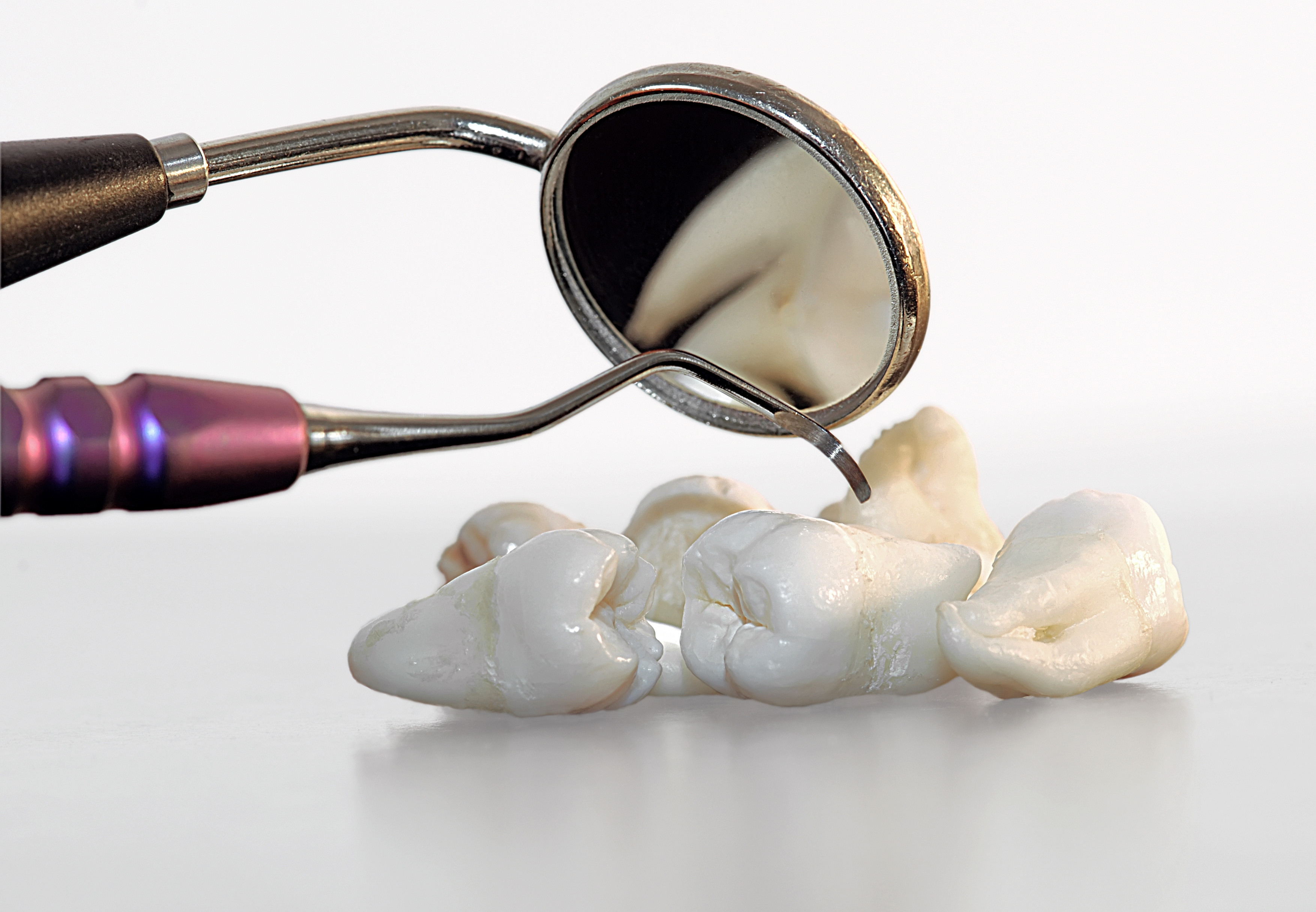Oral surgery is a dental specialty focused on the diagnosis and surgical treatment of oral diseases. It is intended to correct and improve possible anomalies and oral cavity-related injuries or damage.
Dental extractions are one of the most common and frequent oral surgery procedures. The purpose of this surgical procedure, known technically as exodontia, is to remove one or several teeth only when there is no other alternative treatment that solves the problem (cavities, fractures, wisdom teeth, periodontal disease).
Oral surgery and extraction procedure
- The specialist evaluates and analyses each case prior to the intervention.
- X-rays are done to check the condition of the teeth.
- After assessing how to proceed, the tooth is extracted under local anesthesia.
- To help with the healing process and reduce discomfort due to the surgery, although it tends to disappear after a few days, the dentist may prescribe painkillers, anti-inflammatory pills or antibiotics.
Advantages of dental extractions
- Extraction has become a simple, fast and effective intervention thanks to the progress and the modernization of techniques and dental devices.
- Currently, dental extraction does not involve risks or excessive discomfort. Complications and pain no longer exist.
- The extraction is a safe and effective procedure.
- It dismisses the patients unfounded fear of interventions or oral surgery.

